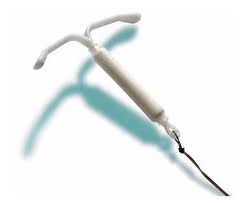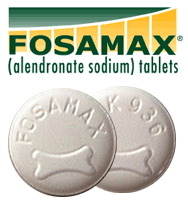In September, Topamax lawsuits pending in federal courts throughout the country were consolidated in Pennsylvania. The lawsuits allege birth defects in children whose mothers took Topamax. This blog post discusses these suits. If you have an interest in discussing a potential Topamax lawsuit, call 888-322-3010 or get a free online consultation.
Topamax is an antiepileptic medication. It is often prescribed, off label, as a mood stabilizer for patients with bipolar disorder. Topamax lawsuits claim that birth defects such as cleft lip, cleft palate, genital malformations, and other birth defects in children were caused by their mothers taking Topamax (topiramate).
Topamax and topiramate (generic) are manufactured by several companies. The lawsuits allege that manufacturers failed to warn both the public and regulatory agencies about the potential for birth defects if used during pregnancy. To give you some idea of who the bad guys are in this story, consider this: Ortho-McNeil Pharmaceutical and Ortho-McNeil-Janssen Pharmaceuticals agreed to pay more than $81 million dollars in fines in 2010 for illegal promotion of Topamax related to off-label psychiatric use. History is replete with the choice of profits over patients.
Earlier this year, the FDA issued a warning and required label changes to list oral clefts as a possible side effect of its use during pregnancy. Risk is the highest if used during the first trimester of pregnancy. Data from the North American Antiepileptic Drug (AED) Pregnancy Registry show that infants exposed to antiepileptic drugs have a 0.38 to 0.55% prevalence of oral clefts, however, those exposed to topiramate have a 1.4% prevalence of oral clefts, nearly 3-4 times higher than other anticonvulsants.
Cleft palate is a condition in which the infant has a gap on the roof of the mouth which interferes with the normal functioning of the mouth including chewing and talking. To correct the birth defect, surgery is required. Surgery is generally required between 6 and 12 months of age and can take several surgeries, and years, to correct.
Continue Reading
 A Georgia federal jury ruled for the Defendant this week, determining that Mentor Worldwide LLC was not negligent in its design, manufacture, and sale of the ObTape pelvic mesh.
A Georgia federal jury ruled for the Defendant this week, determining that Mentor Worldwide LLC was not negligent in its design, manufacture, and sale of the ObTape pelvic mesh. Lawsuit Update Center
Lawsuit Update Center



 Two contrasting Accutane lawsuit updates in the news today:
Two contrasting Accutane lawsuit updates in the news today: As you remember, Fosamax, Merck’s osteoporosis drug, is the subject of much litigation. The question presented is whether the drug causes
As you remember, Fosamax, Merck’s osteoporosis drug, is the subject of much litigation. The question presented is whether the drug causes 